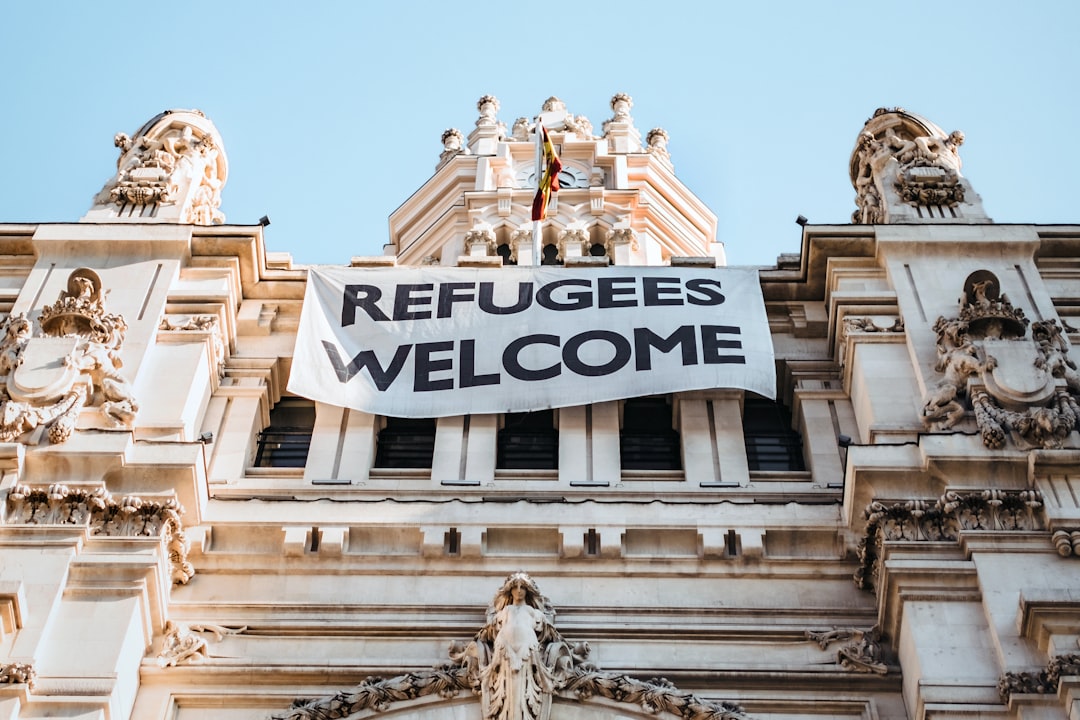What is it about?
Having access to a quality and inclusive education is a fundamental children’s right. It is even more crucial for children who are at risk of being marginalised, such as disabled children and among them autistic children. Due to its importance, the right to education is protected by several international and European conventions. When it comes to disabled children, they also benefit from a right to inclusive education. What inclusive education refers to, however, is not clearly specified. So far, the institutions in charge of defining this right have equated it to mainstream inclusion, meaning an inclusion in regular schools and classrooms. In this paper, we argue that although mainstream inclusion is crucial for many disabled children and should be rendered possible by the states, it is not adapted to all disabled children. This is made very apparent in the case of some autistic children, whose specificities are often in direct conflict with regular school settings. Therefore, limiting the right to inclusive education to full mainstream inclusion only leads to depriving these children of real access to education. That is why we argue for a wider definition of the right to inclusive education, which could then be realised in mainstream schools or in alternative educational settings, such as special schools or home-schooling.
Featured Image

Photo by Aedrian on Unsplash
Why is it important?
At a time where states are required to render their education systems more inclusive, it appears urgent to reflect on the definition(s) of inclusive education to make sure that it does not unintentionally leave some children behind with no real access to a quality education.
Read the Original
This page is a summary of: Redefining Inclusive Education for Autistic Children in International and European Law, The International Journal of Children s Rights, June 2023, Brill,
DOI: 10.1163/15718182-31020007.
You can read the full text:
Contributors
The following have contributed to this page










